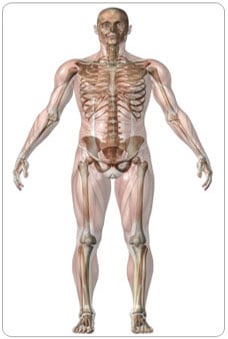Treatment and Prognosis
Joint hypermobility, in the majority of cases, does not require treatment. In many, the condition improves as the individuals grow older.
Treatments are often individualized to suit each person’s needs.
Some of the treatment/management methods are listed as follows:
- Medications for pain (analgesics) or inflammation (anti-inflammatory drugs) can provide relief to people who suffer from joint pain.
- Tramadol is a non-narcotic pain reliever (with narcotic like properties) that is used to manage HMS in some parts of the world.
- An Anti -epilepsy drug Gabapentin and drugs that control muscular spasm are used to control the symptoms of HMS
- Moist hot packs or cool packs can also help HMS patients
- Tricyclic anti depressants can help in relieving depression in these individuals
- Prolotherapy injections are given to strengthen weak ligaments in some patients with HMS
- Physical therapy or low impact exercises, such as tai-chi or pilates can improve and strengthen muscles, provide stability and greatly alleviate the symptoms of hypermobility. However, care must be taken to avoid muscular or ligamental injury.
- Avoid activities that can trigger the symptoms of HMS, such as standing for a long time, stretching while exercising or carrying heavy objects
- Use supporting accessories such as specially designed foot wear, braces or elastic bandages
- Ergonomic appliances, especially in work places can definitely prove to be helpful
- Reconstructive surgery can help in some cases of HMS









